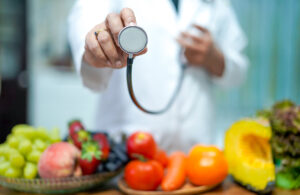
Article
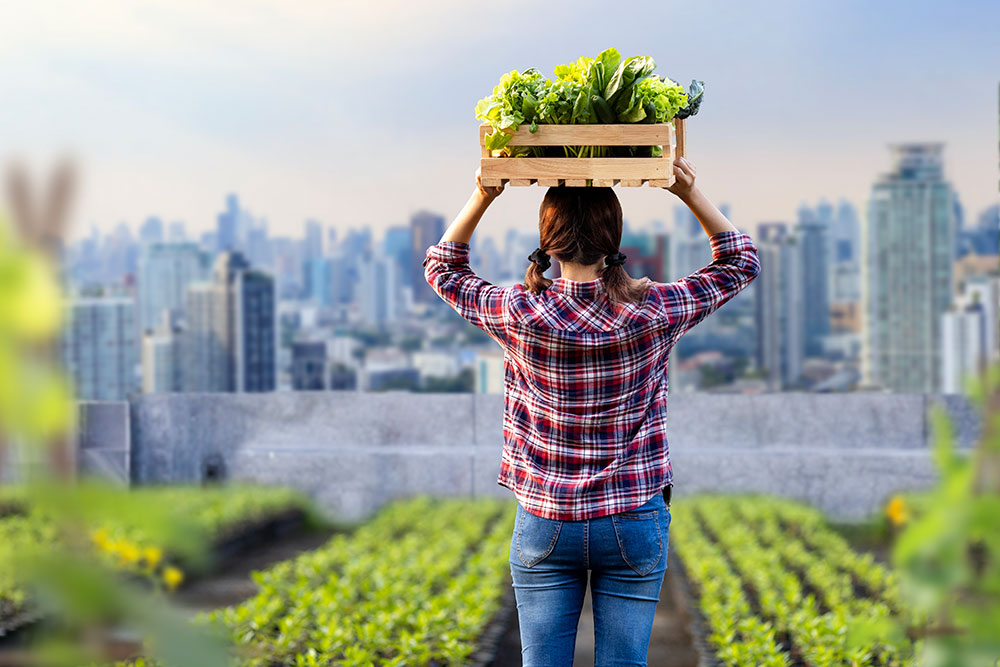

Read the full article at Politico November 11, 2024
Agri-food experts say the EU could produce enough food to feed its entire population, but only with a significant shift away from animal products.
The 80-page report, which focuses on the major dilemmas affecting farming in the European Union, was presented by experts from Wageningen University (Europe’s leading agricultural institution) during their annual Mansholt Lecture last week.
Some of its most striking conclusions include:
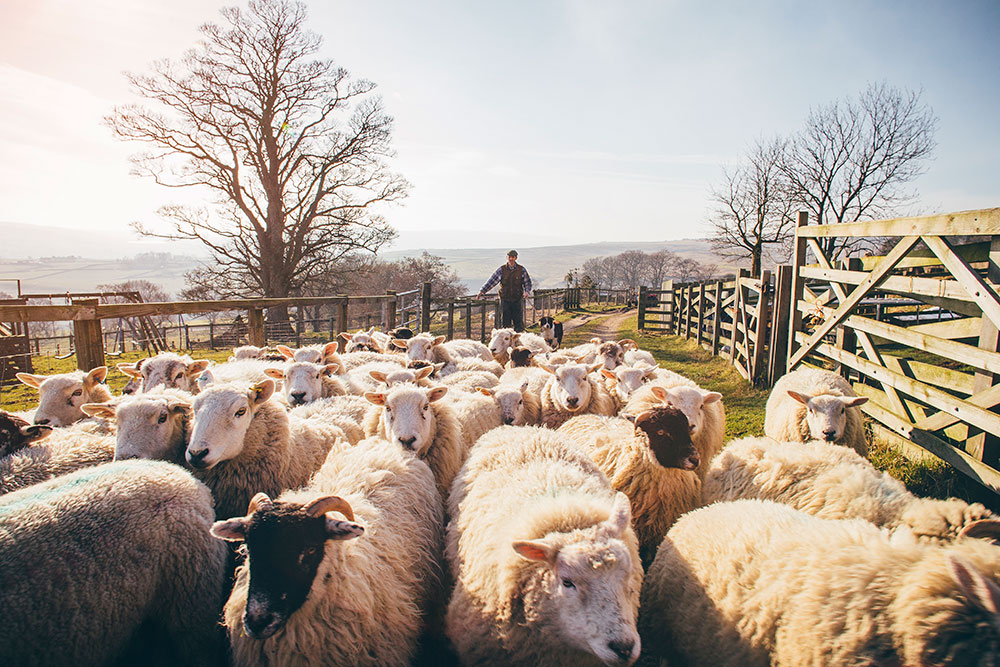
Currently, over 60% of Europe’s total crop harvest (which encompasses plants grown for food, feed, textiles, wood, biofuels, and bioplastics) is used for raising farmed animals like cows, sheep, chicken, fish, and goats. And if this wasn’t already concerning enough, these animals consume far more protein by the time they are slaughtered than their bodies ever produce overall.
In short: Meat production is inefficient and unsustainable.
Although livestock populations in Europe are already declining by a few percent each year, the report highlights the need for a dramatic shift in consumer behaviour towards plant-based eating. Without this shift, arable land will continue to be monopolised by animal feed production, competing with more sustainable and nutritious plant crops that could be consumed by humans directly.
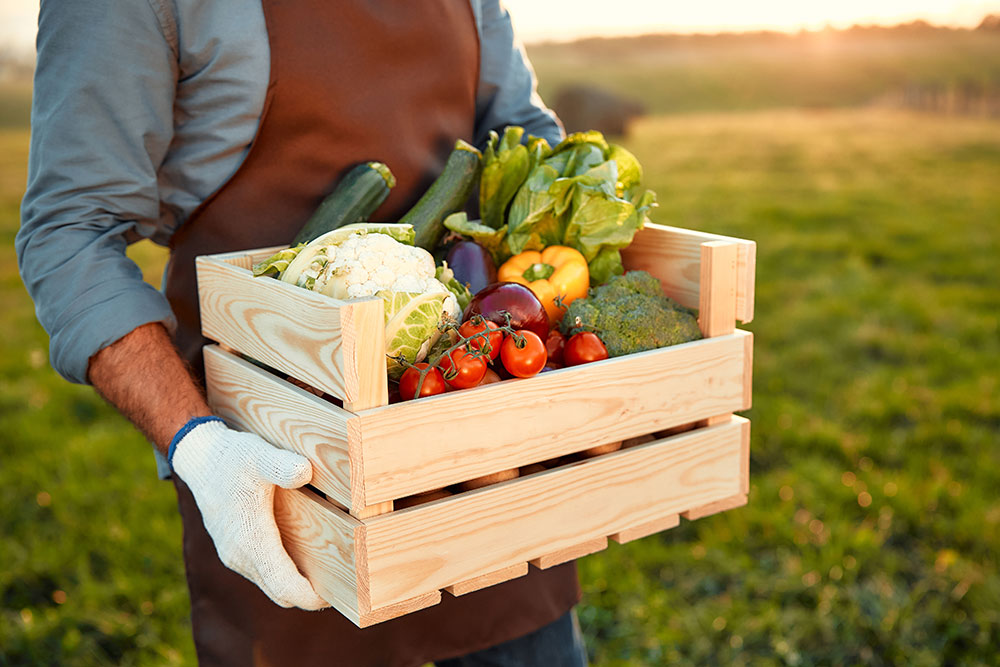
Reducing meat consumption isn’t just about ensuring food security, it’s also about protecting the planet and improving public health. Animal agriculture is responsible for 85% of the EU’s agricultural emissions, and is a major contributor to climate change.
Oxford University research has found that simply switching to plant-based eating can “massively cut environmental damage”, reducing our diet-related emissions, water pollution, and land use by 75% – and this switch has huge health benefits, too.
Eating less meat has been shown to lower risk of heart disease, diabetes, and certain cancers, making it a win-win for both people and the environment.
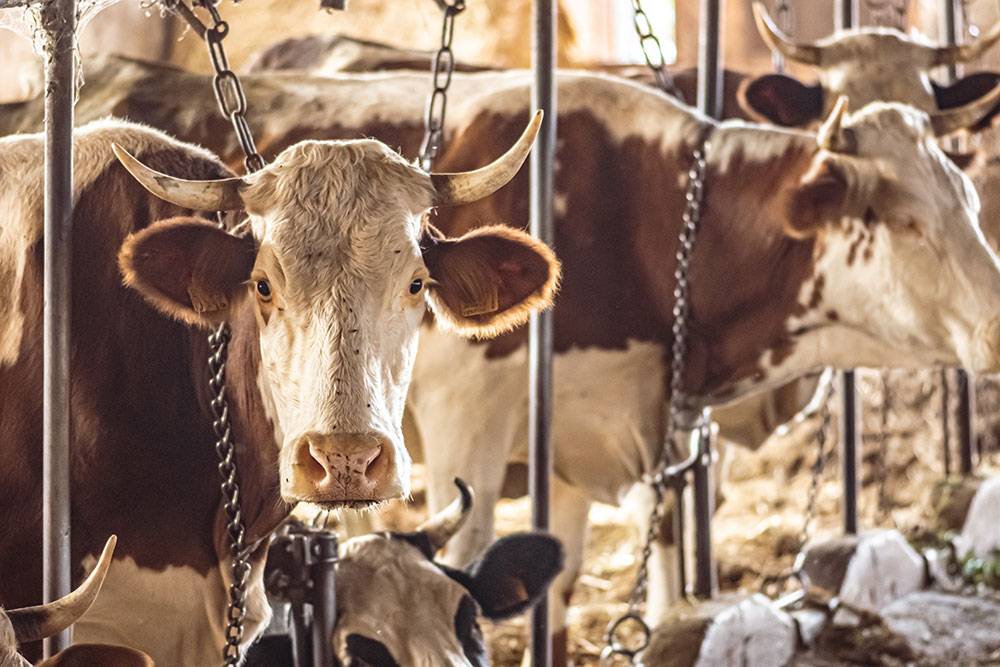
Most of Europe’s meat currently comes from factory farms, which leak chemicals into surrounding soils and waterways, putting vulnerable ecosystems at risk by harming local biodiversity. Furthermore, the filthy, cramped conditions animals are subjected to on factory farms give rise to zoonotic diseases and antibiotic resistance, which pose a growing threat to public health.
The Wageningen University report makes a bold case for rethinking the role of animal agriculture in Europe and around the world, suggesting a shift away from the current industrial model in favour of smaller-scale, less environmentally harmful farming practices.
The report emphasises that ultimately, animal feed production will “continue to compete with the production of crops suitable for human consumption”, and that a sustainable future will depend on being able to reduce our overall reliance on animal agriculture entirely.
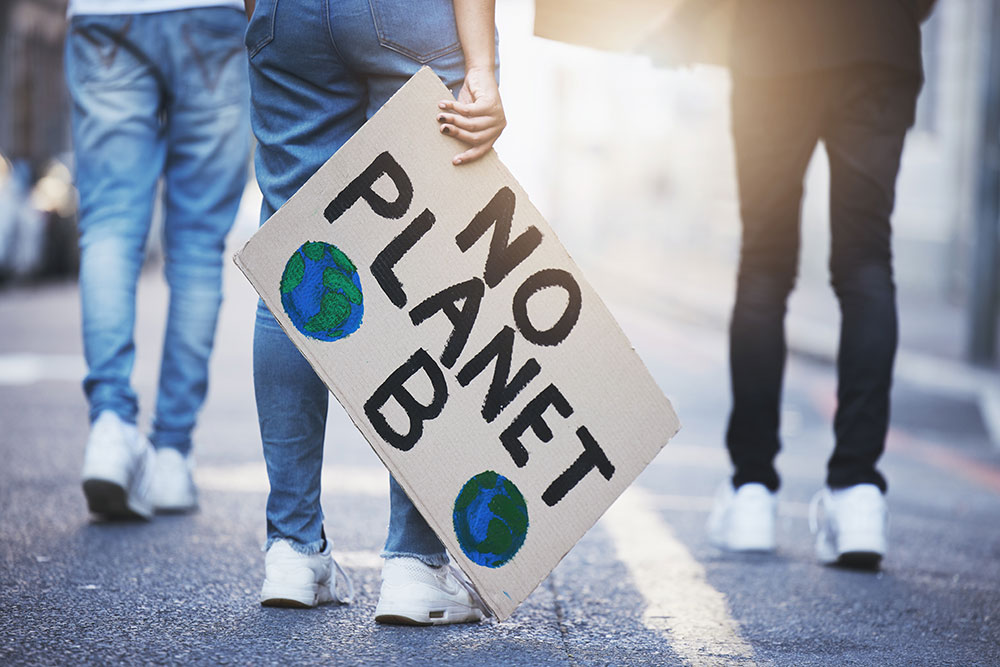
Experts behind the report are calling for lawmakers to take a more active role in encouraging the uptake of plant-based diets, acknowledging that, although some may consider this to be a socially and politically “delicate” matter:
“Interventions are needed to support consumer behaviour toward more healthy and sustainable diets.”
They argue that, just as governments have used pricing strategies to reduce public demand for fossil fuels and tobacco, so too is it appropriate – and necessary – for targeted, non-intrusive policies to encourage better eating habits. Measures like implementing meat taxes and redirecting subsidies, for example, could help make plant-based options more accessible and affordable.
Currently, over 80% of Common Agricultural Policy subsidies in Europe support animal agriculture, which distorts the market, and redirecting some of these funds to support plant-based farming would effectively help level the playing field. Public education initiatives and changes in food labelling could also play a role in guiding consumer behaviour.
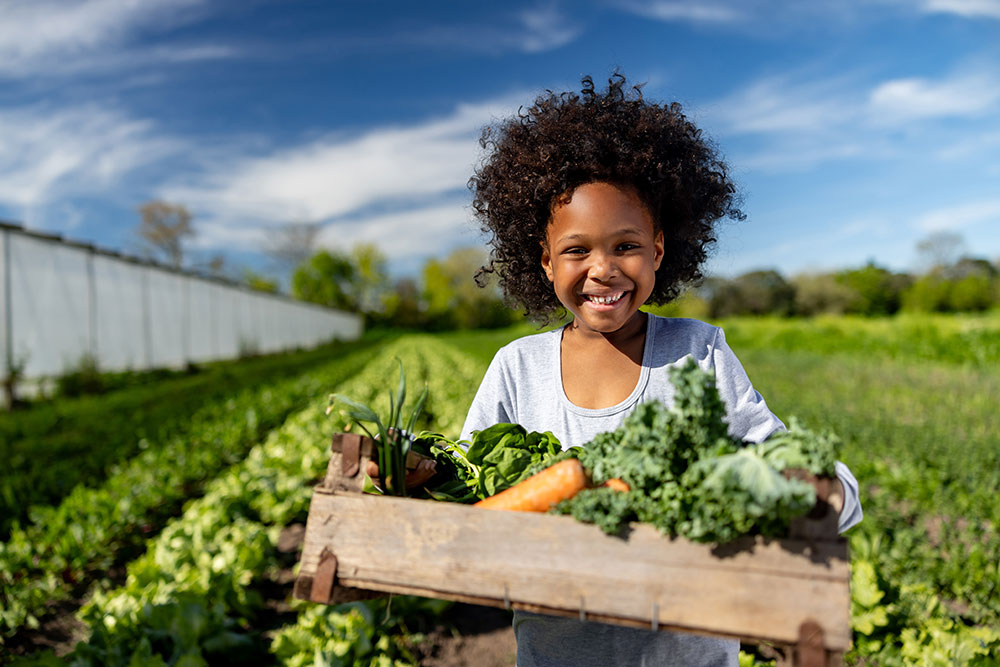
What these urgent findings from the Wageningen report really highlight is that the current model of animal agriculture is simply unsustainable. It’s clear that we need to eat less meat, invest in plant-based agriculture, and rethink farming animals – not just in Europe but around the world.
By making these forward-thinking changes and shifting towards plant-centric eating wherever we may live, we can help build a global food system that is more resilient, equitable, environmentally friendly, and healthier for us all. ![]()

Having grown up in a “meat and 3 veg” kind of household, Liv’s embarrassed to admit that she was a bit of a one-note chef until she began exploring the world of plant-based food. Vegan cooking has given her a whole new appreciation for the symphonies of flavours that simple, nourishing wholefood ingredients can create. (Even eggplant, once her greatest nemesis, is now — in a delicious, miso-glazed redemption arc — her all-time favourite veg.)